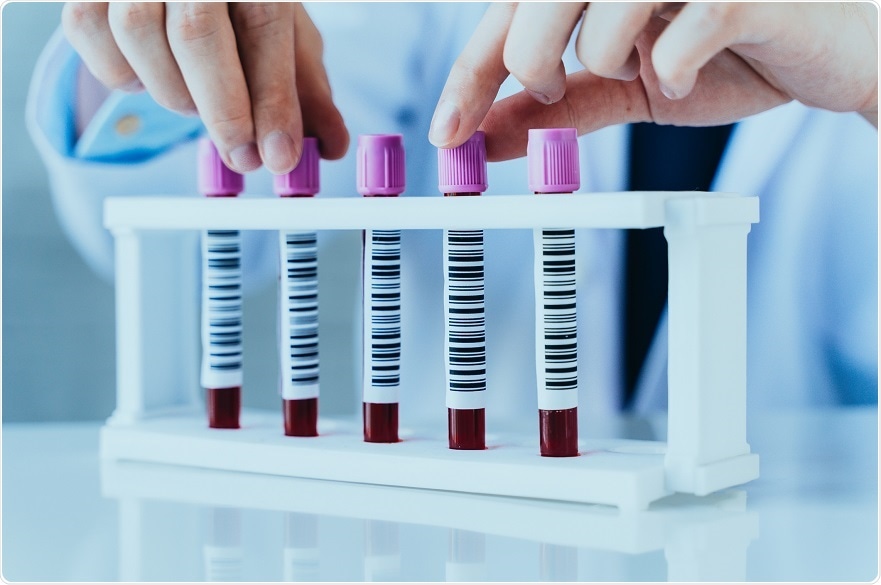A new blood test developed by scientists and clinicians is able to detect the presence of prostate cancer and confirm how advanced it is.

The test is more accurate than current methods in detecting prostate cancer
A team at Nottingham Trent University and University Hospitals Leicester NHS Trust is involved in the work, which they say could reduce invasive biopsies by about 70% and help identify patients needing urgent treatment or closer monitoring.
The test is also more accurate than current methods in detecting prostate cancer and is able to confirm the stage of the disease with 99% accuracy.
Prostate cancer mainly affects men aged over 50 and is the most common cancer in men in the UK. More than 47,500 men are diagnosed every year, with more than 11,500 dying from the disease.
The team has found that prostate cancer can be identified by changes in the immune system in the blood, specifically the white cells which are responsible for protecting the body against infection and disease.
Building on earlier work, they have devised a simple blood test and computational tools which combined can confirm the presence or absence or prostate cancer and also the stage – low, intermediate or high-risk.
Computational models are able to learn from previous patient data to make accurate predictions on new, previously unseen information.
The work, which also involved Loughborough University, is published in the journal eLife.
A ‘prostate specific antigen’ (PSA) blood test is currently used to detect prostate cancer, but many men with a raised PSA level do not have prostate cancer and some with the disease – even if aggressive – show normal PSA levels.
Depending on the PSA level, tissue biopsies may be performed to confirm cancer – but because the cancer is not present in the whole prostate, and is difficult to reach, results are often incorrect and the cancer may not be detected.
The new test would be used following a PSA test, benefiting men who are showing no symptoms but have a slightly elevated PSA level and enabling clinicians to put appropriate strategies in place.
New interventions for more accurately detecting the presence of prostate cancer are urgently needed. Our approach not only identifies presence of the disease, but also – crucially – its clinical significance. We can also do this with higher accuracy than current approaches. This will spare men from having unnecessary invasive procedures and help clinicians to decide whether to ‘watch’ or ‘actively manage’ patients, even when they are asymptomatic but have mildly higher PSA levels. Due to the reduction in unnecessary biopsies, this would also result in significant savings for the NHS.”
Professor Graham Pockley, Director of Nottingham Trent University’s John van Geest Cancer Research Centre
Improving our ability to detect men harboring clinically significant prostate cancer will not only reduce the burden on the NHS but also avoid the unnecessary psychological impact of being diagnosed with low-risk prostate cancer.”
Professor Masood Khan, Consultant urologist at University Hospitals Leicester NHS Trust and Visiting Professor at Nottingham Trent University
Source:
Journal reference:
Hood, S.P., et al. (2020) Identifying prostate cancer and its clinical risk in asymptomatic men using machine learning of high dimensional peripheral blood flow cytometric natural killer cell subset phenotyping data. eLife. doi.org/10.7554/eLife.50936.